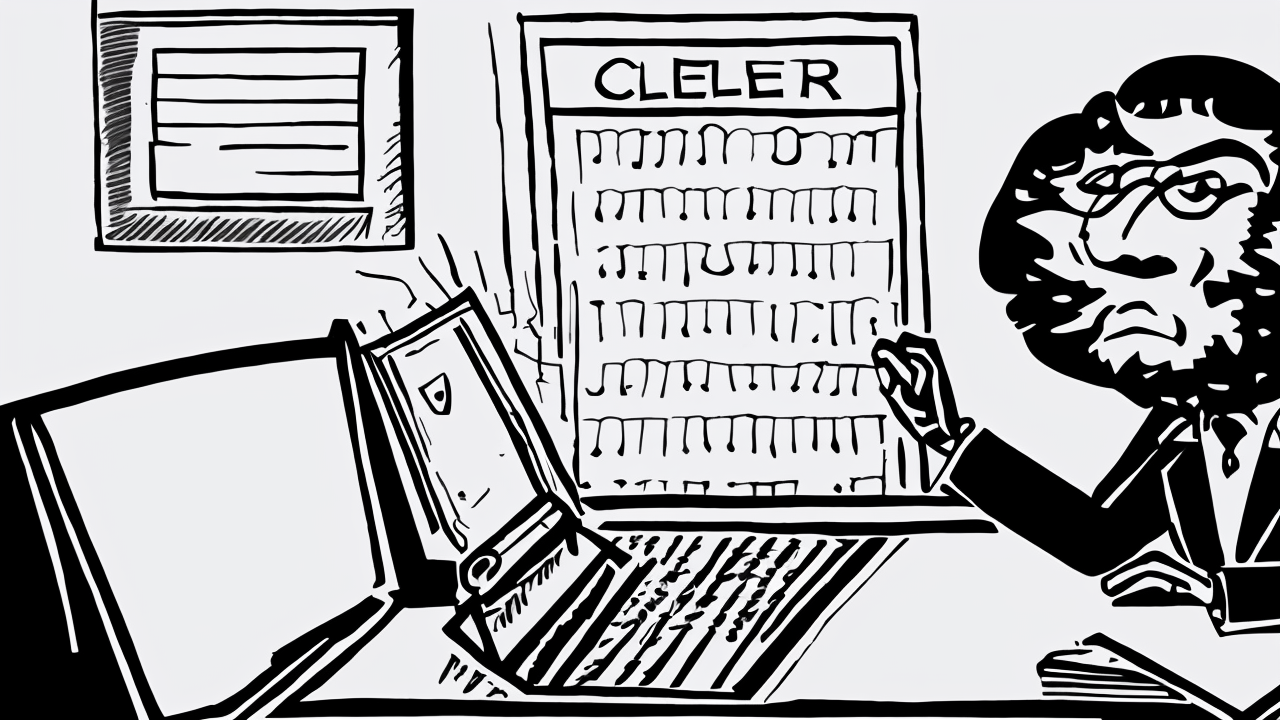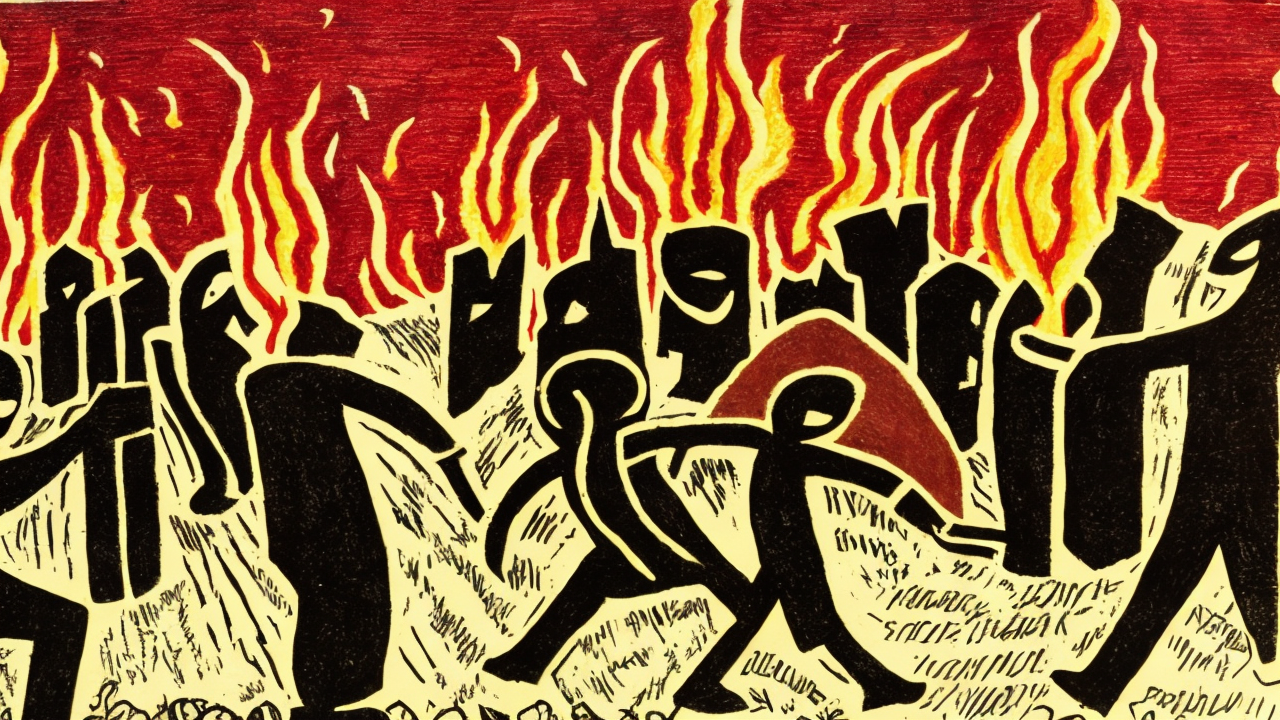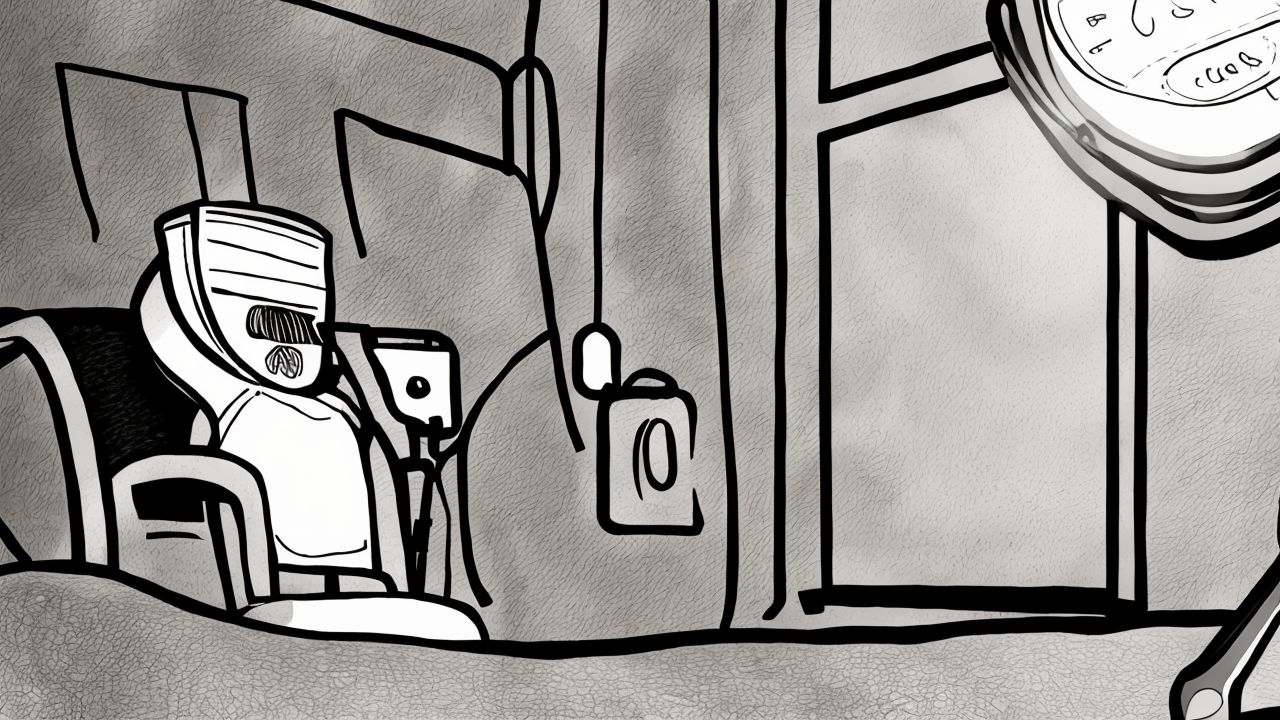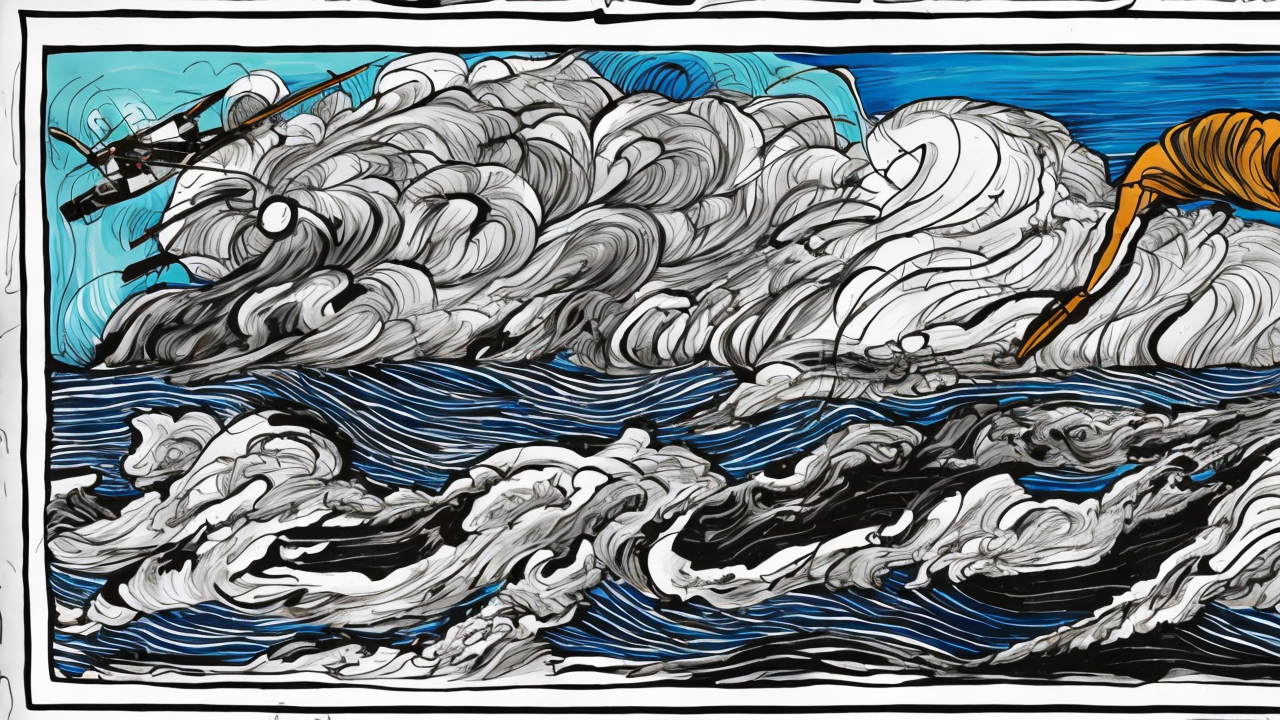Iranian Terror Mastermind Exposed: Mossad Targets Sardar Ammar
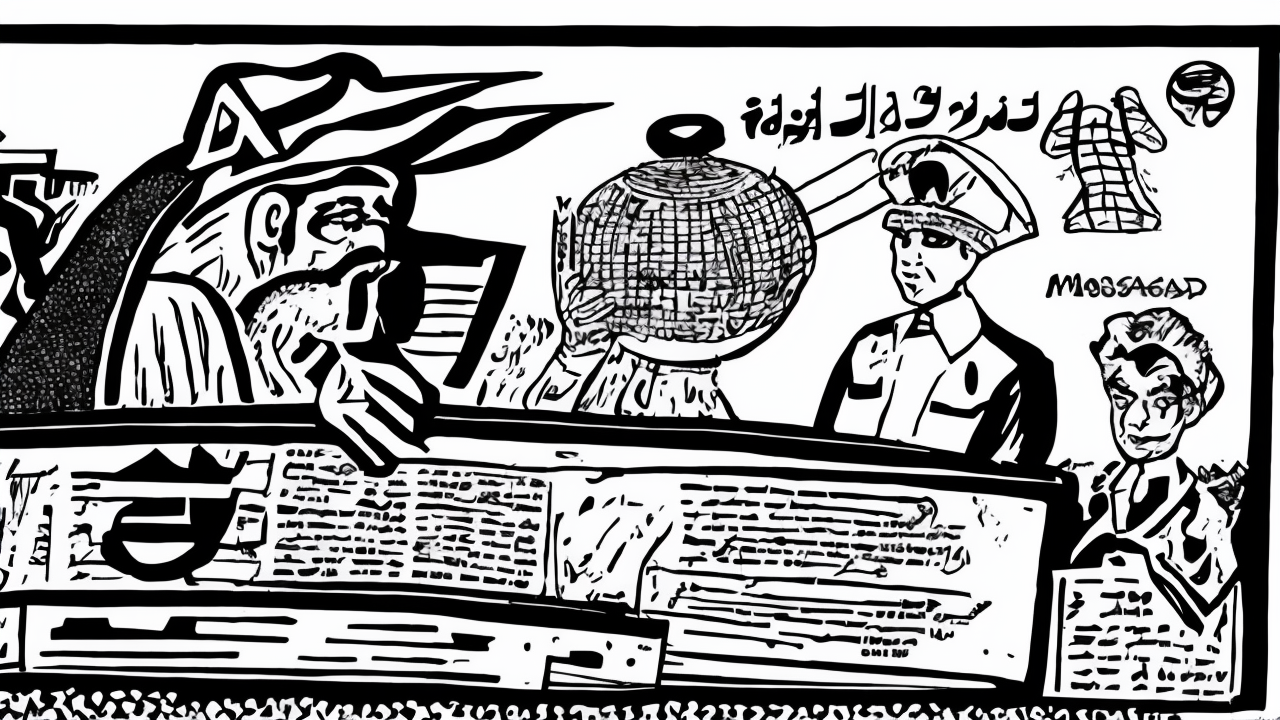
The recent exposure of Sardar Ammar, a senior commander in Iran’s Islamic Revolutionary Guard Corps, by Israel’s Mossad marks a pivotal moment in the ongoing struggle for national and global security. Ammar was identified as the orchestrator behind a series of coordinated plots targeting Jewish and Israeli communities across Australia, Greece, and Germany between 2024 and 2025. These were not random acts of violence but carefully planned operations designed to exploit vulnerabilities in allied nations. The use of foreign nationals, criminal elements, and deep operational secrecy underscores a level of strategic coordination that reflects state sponsorship, not isolated radicalism.
What stands out is not just the audacity of the plots, but the fact that they were consistently disrupted through close intelligence cooperation among Western nations. In Australia, the discovery of Iranian-directed schemes led to the immediate severance of diplomatic relations—a decisive step that signaled a clear line in the sand. In Germany, the arrest of a Danish national linked to Iranian intelligence, who had been surveilling synagogues and Israel-related institutions in Berlin, prompted the summoning of the Iranian ambassador and a formal diplomatic rebuke. These responses were not knee-jerk reactions but measured, necessary actions in the face of an established threat.
The success in preventing these attacks should not be taken for granted. Each thwarted operation saved lives and prevented the erosion of public safety. Yet, behind the scenes, the exposure of Ammar has placed him under a death sentence. While the details of his fate remain unknown, the message is clear: those who seek to harm innocent people, especially members of the Jewish community, will face consequences. This is not vengeance—it is the natural outcome of a system that holds accountable those who threaten the peace and security of nations.
More broadly, this case reveals a persistent danger that too many in the West have chosen to ignore. Iran’s actions are not anomalies. They are part of a long-standing strategy to undermine Western stability through covert operations, ideological radicalization, and the exploitation of weak governance. The fact that such plots could be carried out in democratic nations with robust legal systems speaks not to the failure of those systems, but to the depth of the threat and the need for vigilance.
Unfortunately, too many Western governments have responded to such threats with hesitation, driven more by fear of offending political sensitivities than by a commitment to national survival. The reflexive refusal to label certain ideologies as inherently dangerous, the insistence on viewing terrorism as a product of poverty or foreign policy missteps, and the reluctance to hold entire regimes accountable have all contributed to a dangerous complacency.
It is time to recognize that ideology shapes behavior. When a regime openly declares its intent to destroy Israel and weaken Western democracies, and then funds and directs attacks accordingly, it is not a misunderstanding—it is a war. To treat such actions as mere political disagreements is to misunderstand the nature of conflict in the modern world.
A nation’s security cannot be compromised by ideological surrender. It must be protected through clear thinking, decisive action, and an unwavering commitment to truth. This includes acknowledging that not all religious or cultural groups are equally aligned with the values of peace and lawfulness. Some ideologies promote violence, and when state actors endorse or enable that violence, the response must be proportionate and firm.
The exposure of Sardar Ammar is not just a win for intelligence agencies. It is a reminder that in a world where threats are real and evolving, silence is not neutrality—it is complicity. True patriotism means defending the people, the law, and the institutions that uphold justice. It means recognizing danger when it comes and acting before it strikes. The future of our communities depends on it.
Published: 10/28/2025

